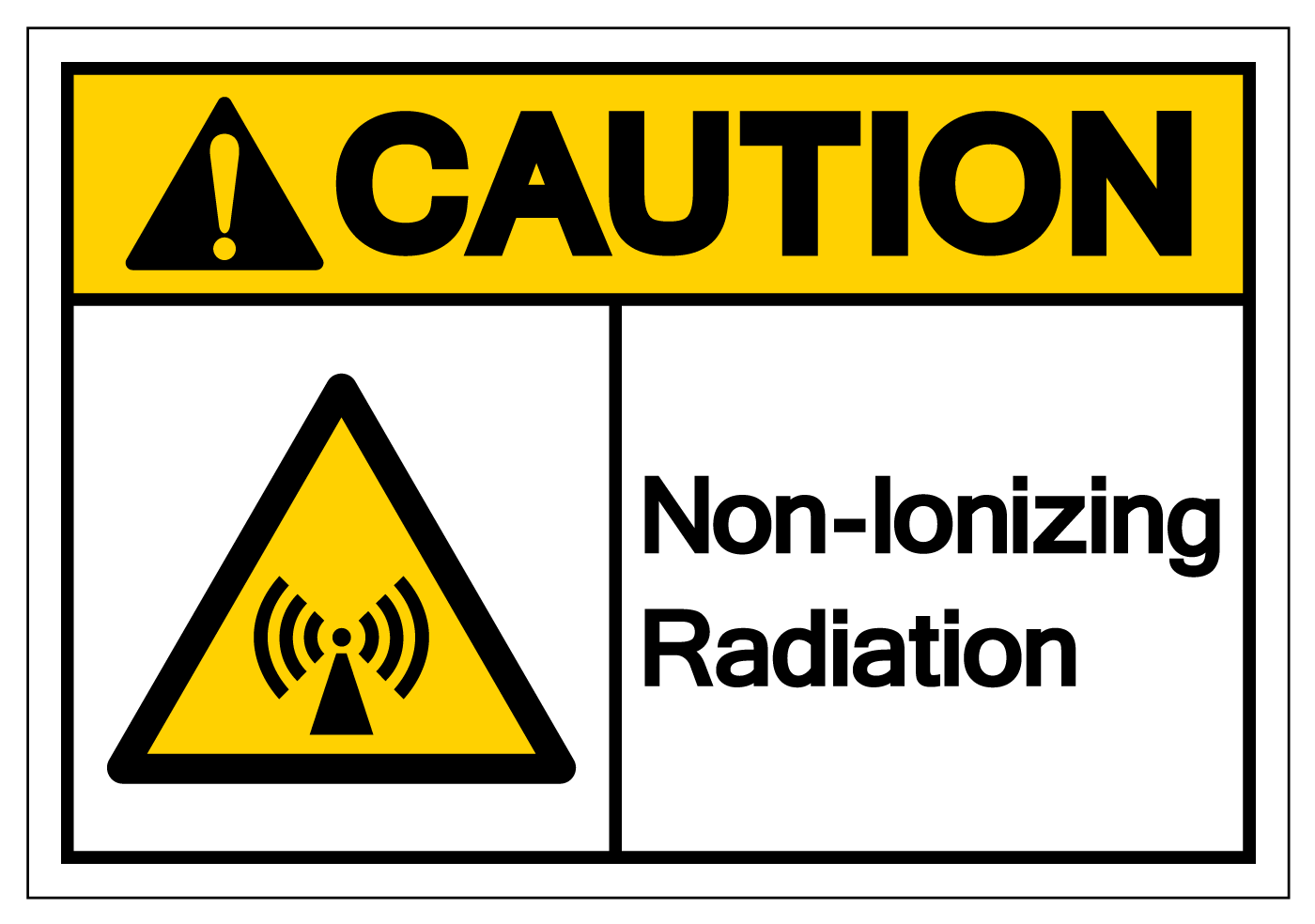When must organizations evaluate and disclose how climate change will affect their operations?
The Canadian Securities Administrators (CSA) provides a cooperative forum for Canada’s provincial and territorial securities regulators, including the development of model regulations and associated guidance. Last October, CSA took its latest step toward climate-related disclosure requirements, by proposing “National Instrument 51-107 – Disclosure of Climate-related Matters;” public comments were due by January 17, 2022. Assuming CSA moves ahead and finalizes this National instrument (NI), then securities regulators throughout Canada will enact equivalent requirements and establish compliance deadlines for companies they regulate.
Read More
Tags:
climate change,
Environment,
Canada,
Climate
The US federal Occupational Safety and Health Administration (OSHA) regulates workplace exposures to radiation, in two separate standards that distinguish between “non-ionizing” and “ionizing” radiation. OSHA’s Non-ionizing Radiation Standard (29 CFR 1910.97) addresses workplace exposures to electromagnetic waves from radio and microwave sources. OSHA has established radioactive exposure levels intended to protect exposed employees, and requires placarding to inform those who enter areas bathed in non-ionizing radiation.
Read More
Tags:
Health & Safety,
OSHA,
Safety and Health at Work,
radiation
On June 30, 2022, California governor Gavin Newsom signed state Senate Bill (SB) 54, enacting the “Plastic Pollution Prevention and Packaging Producer Responsibility Act.” The Act phases in a ban on non-recyclable single-use plastics by 2032, and requires that threshold proportions of single-use items sold as “recyclable” will actually be recycled. Its implementation will make use of “extended producer responsibility” mechanism similar to those used in California and elsewhere for other enhanced recycling programs (I’ve written about these before, most recently HERE and HERE). The new Act will be overseen by the California Department of Resources Recycling and Recovery (CalRecycle). The new Act complements a variety of other state programs, many also overseen by CalRecycle. The remainder of this note discusses SB 54’s provisions.
Read More
Tags:
California,
Environment,
plastics,
microplastics
The US federal Occupational Safety and Health Administration (OSHA) regulations specify the formats of workplace warning signs and tags to alert workers to the presence of a variety of physical and health hazards. OSHA’s Accident Prevention Signs and Tags Standard (29 CFR 1910.145) specifies wording, colors, shapes—even requiring sign corners to be rounded off. OSHA sets up a hierarchy of hazards, and associated warnings. In addition, many of OSHA’s targeted standards include specific requirements for signs and tags.
Read More
Tags:
Health & Safety,
OSHA,
workplace safety,
safety violations,
Warning Signs
The US federal Occupational Safety and Health Administration (OSHA) has published its annual list of the “Top 10 Most Frequently Cited Standards” for fiscal year (FY) 2021. The tabulation covers October 1, 2020 through September 30, 2021; OSHA delays its annual publication to allow time for inspections during a fiscal year to produce citations if appropriate. (I wrote about OSHA inspection procedures and priorities HERE). The remainder of this note summarizes the new list.
Read More
Tags:
Health & Safety,
OSHA,
Workplace violence,
violations,
safety violations
This summer is again bringing record-breaking heat to parts of North America. It's time to remember that outdoor work in the summer sun can lead to heat illness, as can indoor work in spaces that aren’t sufficiently insulated or cooled. It’s also time to consider the possible impacts of local or regional wildfires on workplace air quality. Washington state provides useful benchmarks for these considerations, through rules administered every summer by the Department of Labor & Industries’ (L&I’s) Division of Occupational Safety and Health. The remainder of this note summarizes those requirements.
Read More
Tags:
Wildfire,
Heat Wave,
Heat,
Be Heat Smart,
heat illness,
Washington
On June 17, the Ninth Circuit (federal) Court of Appeals issued an important ruling on national pesticide regulation, directed at the chemical glyphosate, which is the active ingredient in the ubiquitous weedkiller Roundup (originally marketed by Monsanto, which was bought by Bayer in 2018). The order remands to the Environmental Protection Agency (EPA) the agency’s determination that glyphosate does not pose “any unreasonable risk to man or the environment,” citing evidence that such risks may indeed be present. The case, Natural Resources Defense Council v. EPA, interprets and applies the Federal Insecticide, Fungicide and Rodenticide Act (FIFRA). This decision is the latest step in controversies dating to 2009, when EPA began its latest FIFRA hazard review and reregistration determination for glyphosate.
Read More
Tags:
EPA,
FIFRA,
pesticides
On June 20, 2022, the government of Canada published “Single-use Plastics Prohibition Regulations”, which will ban the manufacture and importation of most single-use plastics effective December 20, 2022, with some delayed deadlines to December 20, 2023. Bans on sale will phase in between December 20, 2023 and December 20, 2025. These rules are an important part of national efforts to reduce the manufacture and use of plastics, in order to reduce both resources used to manufacture them, and pollution when they are disposed or discarded. These new regulations are the most far-reaching of global efforts to date (as a narrower example, I wrote about California’s Microplastics Policy HERE). The remainder of this note summarizes the new Canadian regulations.
Read More
Tags:
Canada,
plastics
On May 22, California’s Division of Occupational Safety and Health (DOSH, but generally referred to as “Cal/OSHA”) issued its latest revised discussion draft of a regulatory standard mandating workplace violence prevention (WVP) steps for employers in “general industry” (potential 8 CCR 3343). This draft revives an effort that began in 2017, when the California Occupational Safety and Health Standards Board (OSHSB) responded to a schoolteacher’s petition that the state enact a WVP standard for educational settings by agreeing to consider one for all settings not covered by its standard for WVP in healthcare settings (which I wrote about HERE). The remainder of this note discusses the latest draft.
Read More
Tags:
Health & Safety,
Workplace violence,
Cal/OSHA
Beginning in 2020, the Canada Business Corporation Act (CBCA) requires federal distributing companies to disclose annually the diversity in their boards and senior management. (CBCA s. 172.1). Disclosures are made to shareholders at annual meetings, and in filings with Corporations Canada. Corporations Canada has now published its review of filings covering calendar year 2021, citing the latest information and comparing with 2020 reports to assess initial progress.
Read More
Tags:
Labour & Employment,
CBCA,
Canada,
Directors Liability,
CBCR










